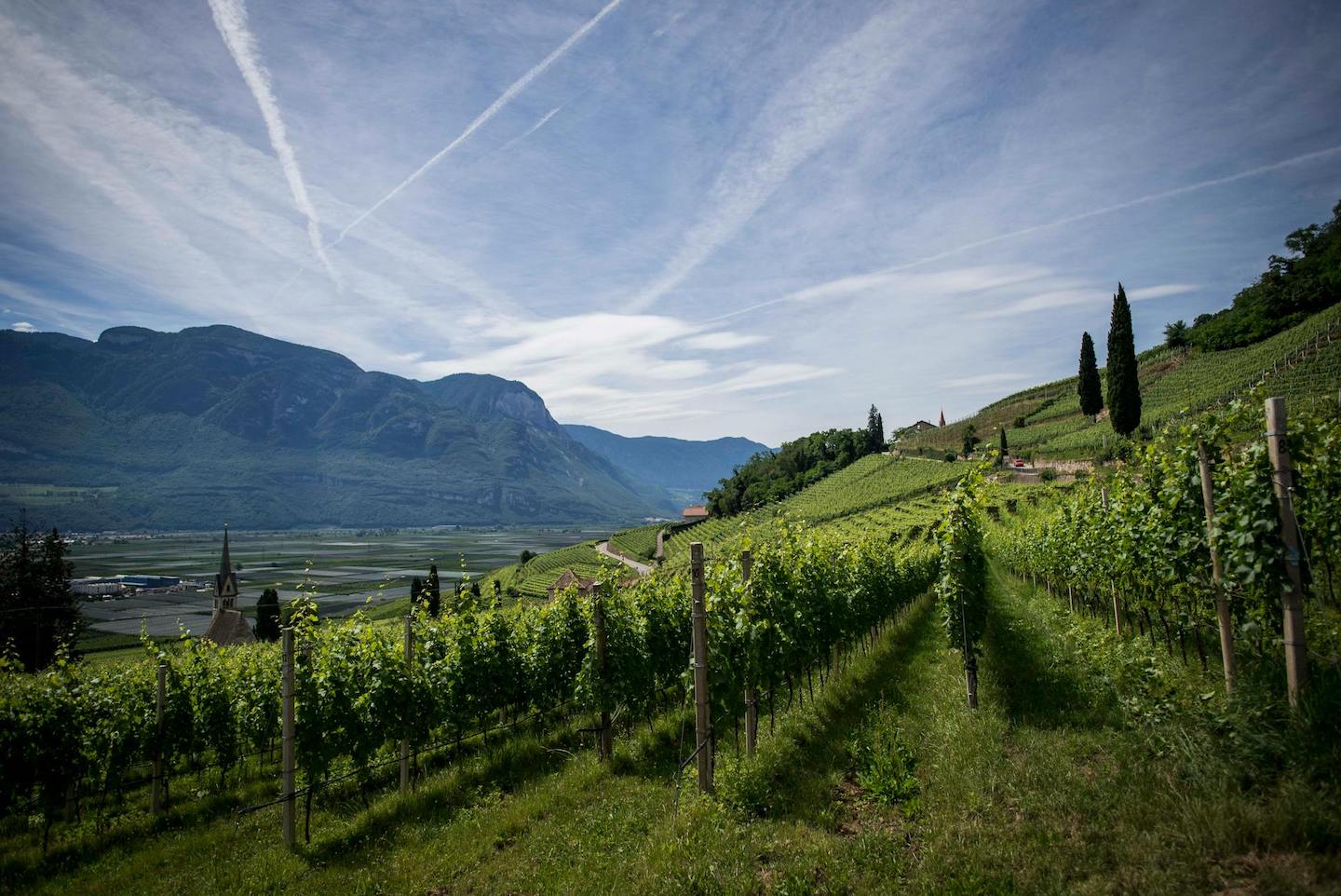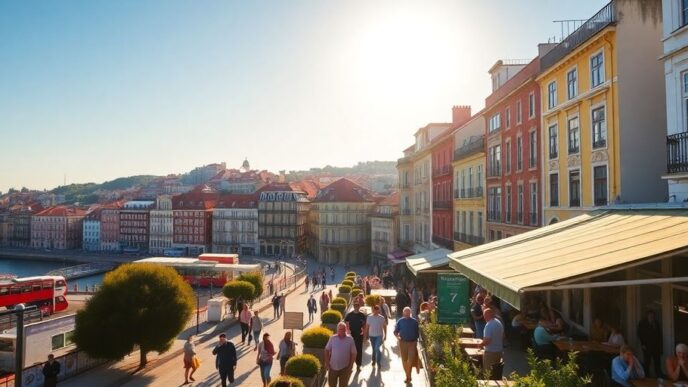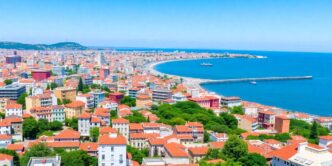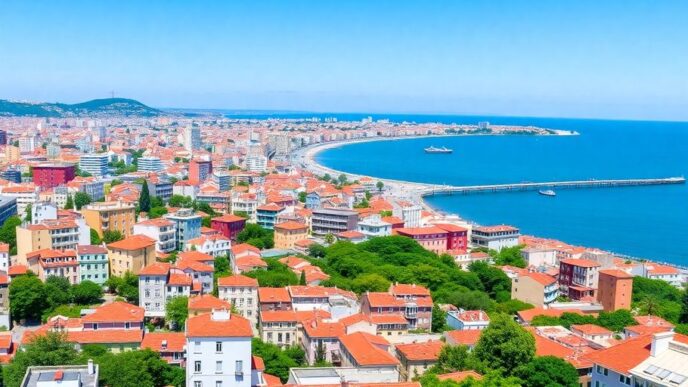Portugal has long been celebrated as a diverse travel destination, offering a blend of history, culture, and breathtaking landscapes. But beyond its famous landmarks and rich heritage, Portugal also thrives in specialized tourism niches that attract millions of visitors each year. Wine tourism, golf, and coastal getaways are three standout experiences that define Portugal’s tourism appeal, each bringing unique visitors and significant economic benefits.
Wine Tourism: A Taste of Portugal’s Vineyards and Tradition
Wine tourism in Portugal is one of the country’s fastest-growing sectors. With Portugal’s wine production dating back to Roman times, the country boasts some of the world’s most acclaimed wine regions, including the Douro Valley, Alentejo, and Dão. Each region offers distinct flavors and experiences that draw wine enthusiasts from around the world.
Key Wine Regions and Visitor Experiences

- Douro Valley: Recognized as a UNESCO World Heritage site, the Douro Valley is Portugal’s oldest demarcated wine region, famous for producing Port wine. In recent years, it has also gained international acclaim for its red and white wines. Visitors can explore historic vineyards, participate in grape stomping during harvest season, and enjoy tastings overlooking the terraced vineyards. The region saw an influx of over 1 million visitors in 2022 alone, according to Turismo de Portugal.
- Alentejo: Known for its bold, full-bodied reds, Alentejo has become a prominent destination for wine lovers. Beyond wine, this region offers a unique rustic charm, with wineries such as Herdade do Esporão and Adega Mayor providing immersive experiences that include vineyard tours, picnics, and even overnight stays at wine estates. Wine tourism in Alentejo contributed €260 million to the local economy in 2023, highlighting its importance to the region.
- Vinho Verde Region: Located in northern Portugal, the Vinho Verde region is famed for its refreshing, slightly effervescent wines. Known as a favorite among young travelers and those looking for an alternative to traditional wines, Vinho Verde wineries offer affordable, picturesque visits that include scenic trails and tastings of the distinctive “green wine.”
Economic Impact and Global Recognition
Portugal’s wine tourism sector has not only enhanced the country’s appeal to tourists but also significantly boosted the economy. According to a study by the Wine Institute of Portugal, wine tourism generated nearly €600 million in revenue in 2023, making it one of the leading contributors to the country’s tourism revenue. The success of Portugal’s wine tourism is largely due to its commitment to sustainable practices, authentic experiences, and the high quality of its wines, recognized by wine enthusiasts worldwide.
Golf Tourism: Tee Times in the Algarve and Beyond
Portugal’s reputation as a premier golf destination continues to soar, attracting golf enthusiasts and retirees from across Europe and beyond. The Algarve region, in particular, has established itself as a top golfing destination, with courses designed by world-renowned course-designers and year-round sunny weather.
Prime Golf Destinations
- Algarve: The Algarve region is home to over 30 championship golf courses, many of which rank among Europe’s best. Courses like Quinta do Lago, Vale do Lobo, and Vilamoura’s Oceanico have hosted numerous international tournaments, including the Portugal Masters. According to the Portuguese Golf Federation, golf tourism in the Algarve contributed €1 billion to the regional economy in 2022, reflecting its popularity among both amateur and professional golfers.
- Lisbon Coast: The Lisbon Coast also attracts golfers, offering prestigious courses such as Oitavos Dunes and Troia Golf. Oitavos Dunes, for example, has earned global accolades for its coastal views and challenging layout. The Lisbon Coast is particularly popular with visitors from the United Kingdom, Germany, and Scandinavia, who appreciate its accessibility and proximity to the capital’s cultural attractions.
- Madeira: While lesser-known, Madeira’s three golf courses offer unique golfing experiences amidst stunning landscapes. Courses like Santo da Serra and Palheiro Golf are notable for their challenging terrain and beautiful mountain and ocean views, making Madeira a hidden gem in Portugal’s golf tourism sector.
Economic and Environmental Considerations
Golf tourism has become a major contributor to Portugal’s economy, especially in the Algarve, where nearly half a million golfers visit annually. To meet growing demand, Portugal has invested heavily in sustainable practices, with many courses now implementing water recycling systems and eco-friendly maintenance routines. This balance between economic growth and environmental responsibility has positioned Portugal as a model for sustainable golf tourism.
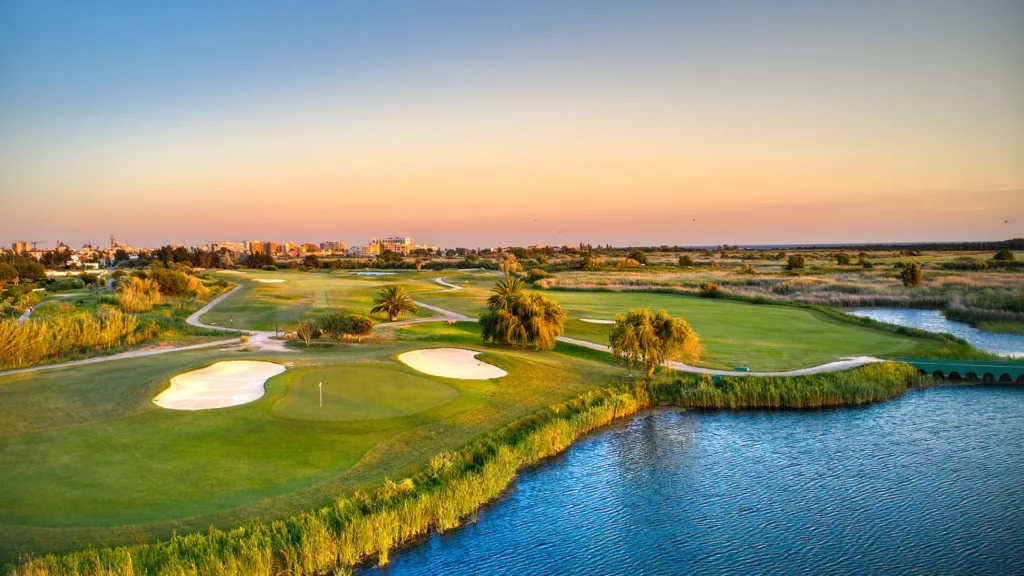
Coastal Getaways: Beaches, Surf, and the Allure of Portugal’s Coastline
Portugal’s stunning coastline, which spans over 1,700 kilometers, is home to some of Europe’s most beautiful beaches and popular surf spots. Coastal tourism appeals to a wide demographic, from families seeking beach holidays to adventurous surfers. According to Turismo de Portugal, coastal tourism remains the top reason for visiting Portugal, drawing over 8 million tourists annually.
Top Coastal Destinations
- The Algarve: Known for its golden sands and dramatic cliffs, the Algarve is Portugal’s top beach destination. Towns like Lagos, Albufeira, and Tavira attract millions of visitors with their picturesque beaches and vibrant nightlife. Praia da Marinha, often regarded as one of the world’s best beaches, sees thousands of visitors yearly, making it a hotspot for both relaxation and adventure.
- Costa Vicentina: Located in the Alentejo region, Costa Vicentina offers an alternative to the bustling Algarve. Known for its rugged coastline and tranquil beaches, it is a favorite among surfers and nature lovers. Towns like Zambujeira do Mar and Odeceixe offer serene beach experiences and are part of the Rota Vicentina hiking trail, which is popular among eco-conscious travelers.
- Nazaré: Famous for its record-breaking waves, Nazaré has gained international fame as a surfing destination. Every winter, big wave surfers from around the globe flock to Nazaré to ride some of the largest waves ever recorded. The 2023 Nazaré Tow Surfing Challenge drew thousands of spectators and generated significant media coverage, further boosting tourism in the region.
The Impact of Coastal Tourism on Local Communities
Coastal tourism contributes significantly to the economy, supporting businesses from beachside cafes to surf schools. In 2022 alone, coastal tourism generated approximately €2.5 billion in revenue, with a significant portion benefiting small businesses in seaside towns. However, the surge in tourists also brings challenges, such as environmental degradation and increased waste. To address these issues, Portugal has launched initiatives like “Clean & Safe” beach certifications and enhanced waste management systems to ensure sustainable practices along its coastlines.
Conclusion: The Value of Specialized Tourism in Portugal
Portugal’s diverse offerings in wine, golf, and coastal tourism have established it as a premier destination for specialized travel. From vineyard visits in the Douro Valley to golfing in the Algarve and surfing in Nazaré, Portugal provides a rich variety of experiences that cater to specific interests while boosting the economy. With a focus on sustainable tourism and authentic experiences, Portugal’s specialized tourism sectors continue to grow, enriching both the local economy and the cultural tapestry of the nation.
By leveraging its natural assets, historical significance, and commitment to quality, Portugal has succeeded in attracting a global audience looking for unique and memorable experiences. As these sectors evolve, the country remains dedicated to maintaining its appeal while safeguarding its cultural and environmental heritage.

